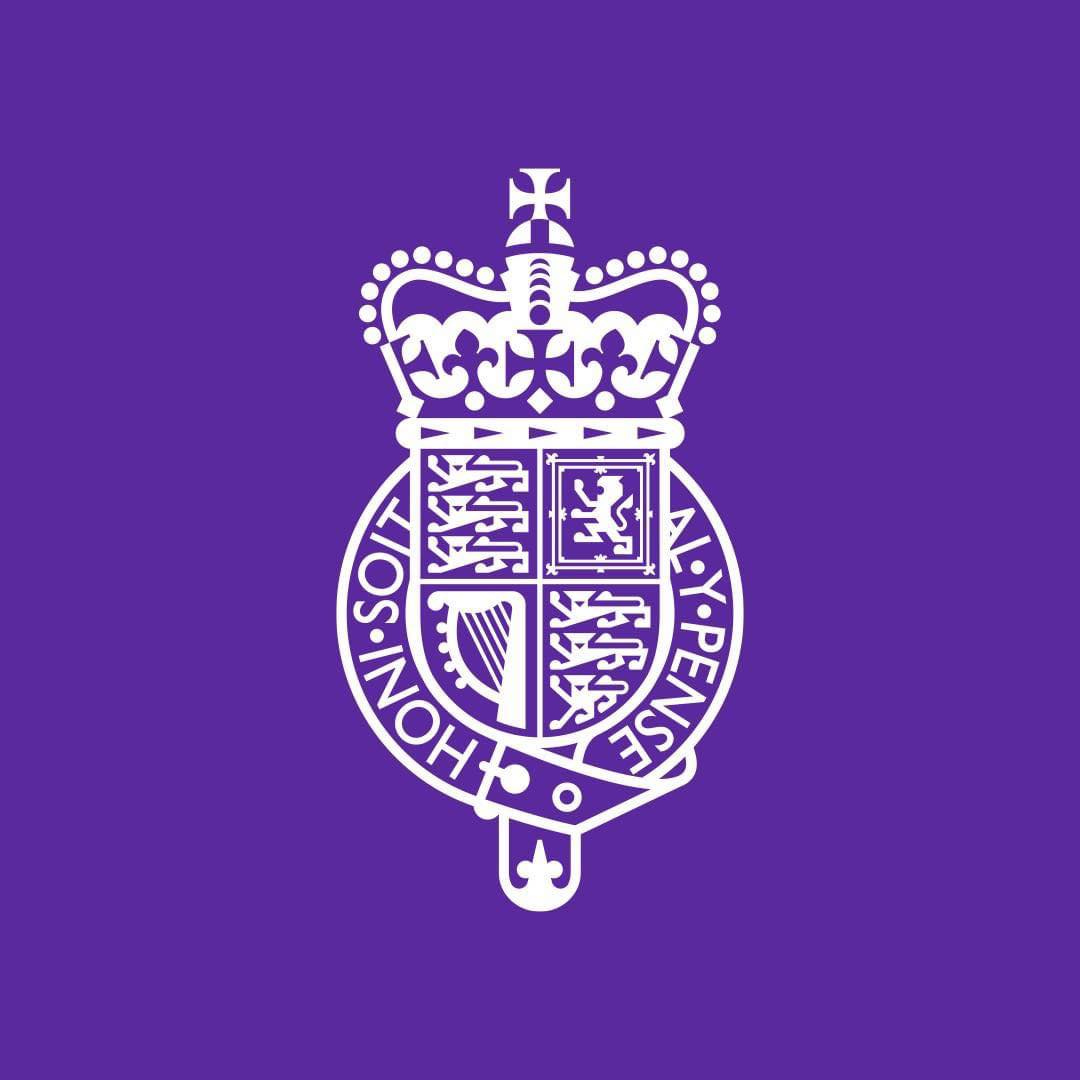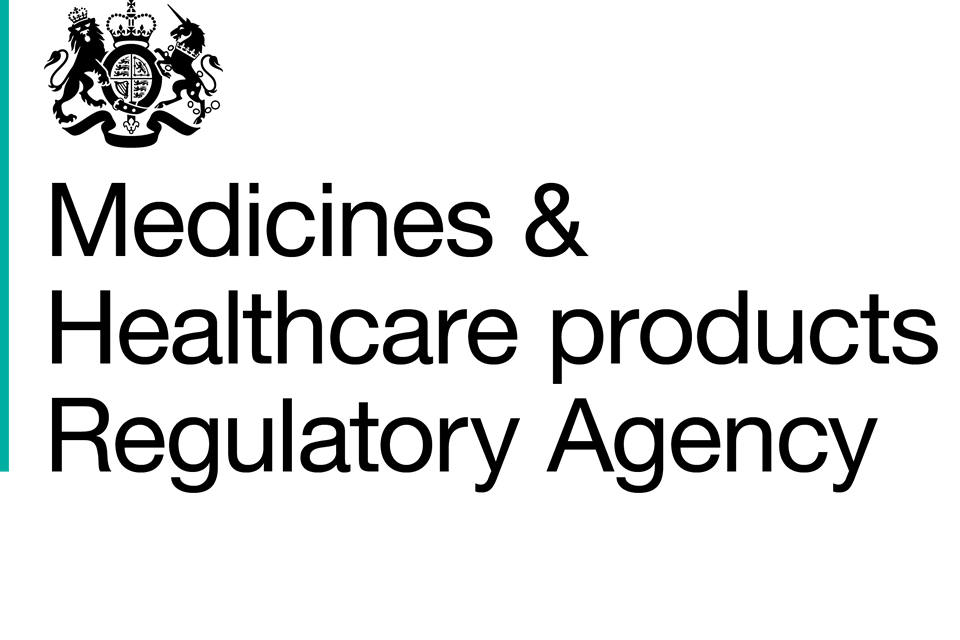Navigating the Regulatory Landscape of Cannabis and Cannabidiol in the UK
Embarking on the journey of cannabis cultivation or dealing with cannabis-related products in the UK involves a nuanced understanding of regulatory measures. This article serves as a guide for existing and potential licensees, providing insights into the Home Office’s perspective on controlling measures applicable to cannabis, CBD, and controlled cannabinoids.

Two Distinct Licensing Regimes
The cultivation of cannabis is subject to two licensing regimes based on THC content, categorised as high or low THC. This distinction aligns with the Misuse of Drugs (Fees) Regulations 2010. The guidance also intersects with regulations concerning low-THC Industrial Hemp cultivation and the use of non-controlled hemp products derived from fiber and seed.
Important Note: This guide offers general guidance and not legal advice. Those uncertain should seek independent legal advice to ensure compliance with relevant legislation.
General Legislative Position and Existing Licensing Arrangements
Cannabis, a Class B controlled drug under the Misuse of Drugs Act 1971, is subject to stringent regulations. Possession, supply, production, import, or export is illegal without a Home Office license. Cultivating any Cannabis plant is also an offence without proper authorisation.
“Cannabis-based products for medicinal use in humans” (CBPM), a specific category, are outlined in Schedule 2 to the Misuse of Drugs Regulations 2001. Licensing requirements for these products are detailed in the guidance. However, this overview does not substitute legal advice, and individual assessment is recommended.
Low-THC ‘Industrial Hemp’ Licensing
Home Office policy allows licenses for cultivating low-THC cannabis plants for industrial purposes, such as hemp fibre or oil production. Licenses are granted for using non-controlled parts of the plant, such as seeds and fibre/mature stalk. This policy mandates a defined commercial end-use and only applies when non-controlled plant parts are utilised.
Defined by approved seed types with THC content not exceeding 0.2%, this policy distinguishes varieties eligible for cultivation. Additionally, adherence to regulations like the Hemp (Third Country Imports) Regulations 2002 is required for importing hemp.
General Licensing Principles and Interaction with Other Agencies
The Home Office assesses licensing applications thoroughly, considering compliance with regulatory standards. Collaboration with other regulatory bodies like the MHRA, FSA, and Trading Standards is considered during the licensing process. This collaborative approach ensures a comprehensive evaluation of applicants’ abilities to meet standards.

Control Status of Cannabis-Containing Products in the UK
The legislative controls within the UK apply to controlled parts of Cannabis plants and products containing controlled cannabinoids. Importing products with controlled substances, such as THC, necessitates a Home Office controlled drug import license for lawful activity.
Controlled substance presence determines the product’s availability to the public. For instance, products containing Schedule 1 substances, like controlled cannabinoids, face restrictions in terms of prescription, administration, or supply to the public unless exempt or categorised as CBPM.
CBD and its Control Status
CBD in its isolated form is not controlled under the Misuse of Drugs Act 1971/Misuse of Drugs Regulations 2001. However, if a CBD product contains controlled cannabinoids, it may be subject to control. Due to difficulties in isolating pure CBD, caution is advised, presuming that CBD-containing products might be controlled.
THC-A and its Control Status
THC-A, in its pure form, is not controlled under existing regulations. However, it is understood to degrade into THC, a Schedule 1 controlled cannabinoid. Caution is recommended, assuming THC-A may become a controlled substance through degradation.
CBD and Other Cannabinoid Products
For CBD and other cannabinoid products to be lawful for human consumption, they must meet Exempted Product Criteria or be categorised as CBPM under Schedule 2 to the MDR 2001. If a product doesn’t fall under these categories, licenses are typically not issued, except for bona-fide research or recognised UK clinical trials.
Cannabis-Based Products for Medicinal Use in Humans (CBPMs) – Regulation 2 and Schedule 2 MDR 2001
CBPMs are listed in Schedule 2 to the MDR 2001. Specialist doctors can prescribe CBPMs without requiring a Home Office license to lawfully write a prescription. However, companies engaging in possession, supply, production, and import/export of CBPMs require Home Office Controlled Drug licenses.
